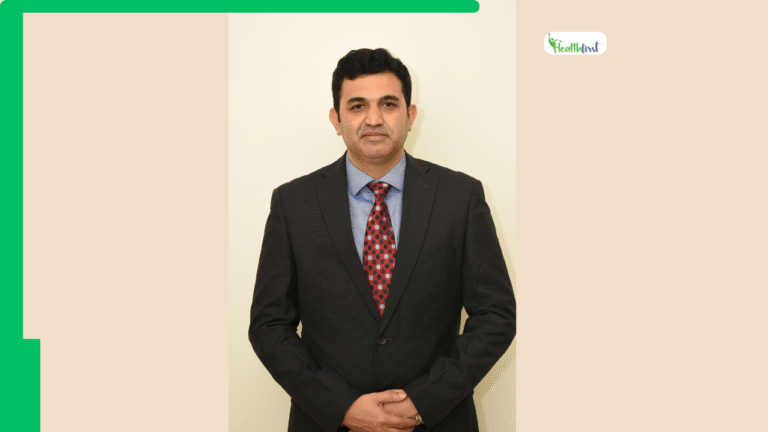Fertility is a significant concern for many couples looking to start a family. While various medical treatments are available to assist with conception, many couples prefer to explore natural ways to enhance fertility before turning to clinical interventions. This article will outline five natural strategies that can help boost fertility and increase the chances of conceiving.
- Adopt a Fertility-Enhancing Diet
Nutrition plays a crucial role in fertility for both men and women. A diet rich in essential nutrients can improve reproductive health and boost fertility. Key dietary recommendations include:
- Consume Antioxidant-Rich Foods: Foods high in antioxidants such as vitamins C and E, folate, and beta-carotene help neutralize free radicals that can damage sperm and egg cells. Berries, nuts, dark chocolate, spinach, and citrus fruits are excellent sources.
- Include Omega-3 Fatty Acids: Found in fatty fish like salmon, flaxseeds, and walnuts, omega-3 fatty acids can help regulate reproductive hormones and improve egg quality.
- Eat a Variety of Fruits and Vegetables: These foods provide essential vitamins and minerals that support reproductive health. Aim for a colorful plate to ensure a wide range of nutrients.
- Avoid Trans Fats and Limit Refined Carbs: Trans fats (found in fried and processed foods) can impair ovulation, while high-glycemic-index foods can disrupt insulin balance, negatively impacting fertility.
- Maintain a Healthy Weight
Body weight significantly impacts fertility. Both being overweight and underweight can lead to hormonal imbalances that disrupt ovulation and reduce sperm quality.
- Body Mass Index (BMI) Matters: Studies have shown that women with a BMI between 20 and 24 are more likely to conceive than those outside this range. For men, a healthy BMI is associated with better sperm parameters.
- Achieving a Healthy Weight: Combining a balanced diet with regular exercise can help achieve and maintain a healthy weight, promoting optimal reproductive function.
- Regular Exercise with Moderation
Regular physical activity is essential for maintaining a healthy weight and promoting overall well-being, but moderation is key when trying to conceive.
- Benefits of Moderate Exercise: Activities like walking, swimming, and cycling can improve cardiovascular health, enhance insulin sensitivity, and reduce stress—all of which are beneficial for fertility.
- Avoid Over-Exercising: Intense exercise, especially in women, can lead to hormonal imbalances, reduced progesterone levels, and irregular or absent ovulation. Men who engage in extreme sports may also experience reduced sperm quality.
- Manage Stress and Mental Health
Stress can negatively affect fertility by disrupting hormonal balance. Chronic stress can lead to the release of hormones such as cortisol and prolactin, which can interfere with normal ovulation.
- Stress-Reduction Techniques: Practices such as yoga, meditation, deep breathing exercises, and mindfulness can help manage stress levels. Acupuncture has also been shown to reduce stress and improve reproductive health.
- Therapeutic Approaches: Counseling and support groups can provide emotional support and help couples cope with the stress of trying to conceive.
- Avoid Environmental Toxins and Harmful Substances
Exposure to environmental toxins and lifestyle habits can adversely affect fertility.
- Avoid Endocrine Disruptors: Chemicals such as bisphenol A (BPA), phthalates, and pesticides can disrupt hormonal balance and reduce fertility. Opt for organic foods when possible, use BPA-free products, and avoid plastic containers for food storage.
- Limit Alcohol, Caffeine, and Quit Smoking: Excessive alcohol consumption and smoking have been linked to reduced fertility in both men and women. Limiting caffeine intake to less than 200 mg per day (about one 12-ounce cup of coffee) is recommended for women trying to conceive.
Additional Natural Tips for Boosting Fertility
- Get Adequate Sleep: Poor sleep patterns can disrupt hormonal balance, affecting both ovulation in women and testosterone production in men. Aim for 7-9 hours of quality sleep per night.
- Consider Herbal Supplements: Some studies suggest that herbal supplements like Vitex (chasteberry) and maca root may help regulate menstrual cycles and improve fertility, though it’s essential to consult with a healthcare provider before starting any supplement.
When to Seek Medical Help
If you have been trying to conceive for over a year (or six months if over 35) without success, it may be time to consult a fertility specialist. Natural methods can enhance fertility, but underlying medical conditions may require professional intervention.
Boosting fertility naturally is about creating a healthy lifestyle and environment conducive to conception. By adopting a fertility-enhancing diet, maintaining a healthy weight, engaging in regular but moderate exercise, managing stress, and avoiding harmful substances, couples can significantly increase their chances of conceiving. While natural methods can be highly effective, it’s essential to consult with healthcare professionals to ensure a comprehensive approach to fertility.









